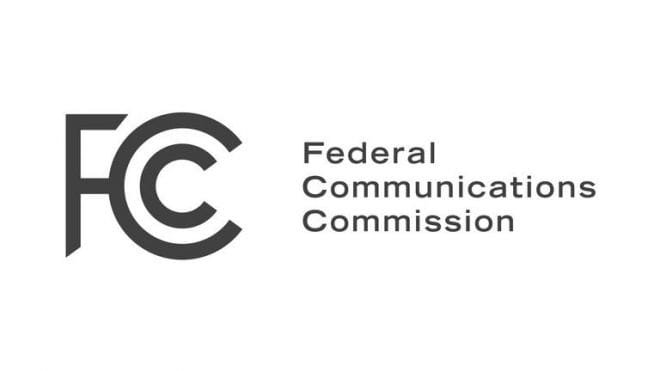In a historic ruling, the FCC has decided in a 3-2 vote to classify the Internet as a public utility for the very first time today, in an effort to provide equal access to the Web for everyone. With today’s ruling, the FCC will have the power to make decisions over fixed and mobile broadband ISPs. Certain national ISPs such as Verizon and AT&T have not been in favor of this version of Net Neutrality.
The adoption of stricter rules, says the FCC, follows these three principles: “America’s broadband networks must be fast, fair and open—principles shared by the overwhelming majority of the nearly 4 million commenters who participated in the FCC’s Open Internet proceeding.”
In order to maintain equal competition, the FCC has opted for these three Bright Line rules to protect the Internet:
- No Blocking: broadband providers may not block access to legal content, applications, services, or non-harmful devices.
- No Throttling: broadband providers may not impair or degrade lawful Internet traffic on the basis of content, applications, services, or non-harmful devices.
- No Paid Prioritization: broadband providers may not favor some lawful Internet traffic over other lawful traffic in exchange for consideration of any kind—in other words, no “fast lanes.” This rule also bans ISPs from prioritizing content and services of their affiliates.
Net users have heard of “paid prioritization” for fast lanes paid by Netflix to some ISPs, but not all web companies are as big as the movie-streaming service. Such “paid prioritization” would not allow lots of small businesses and startups to be included in an exclusive and fast paid Internet lane, impeding the fair growth and competition of businesses, and only letting big companies participate.
Under regulations of Title II applied to internet providers (reclassified as telecommunication services), net users also will be able to complaint with the FCC about bad practices by ISPs. Previously, people only had limited support from organizations such as the EFF.
While this is great news for Mozilla, Facebook, Yahoo!, Microsoft, EFF, other net companies and millions of people who favor Net Neutrality, some net providers are not likely to give up and fight this battle to the very end.
[Source]: FCC: FCC Adopts Strong, Sustainable Rules to Protect the Open Internet.





